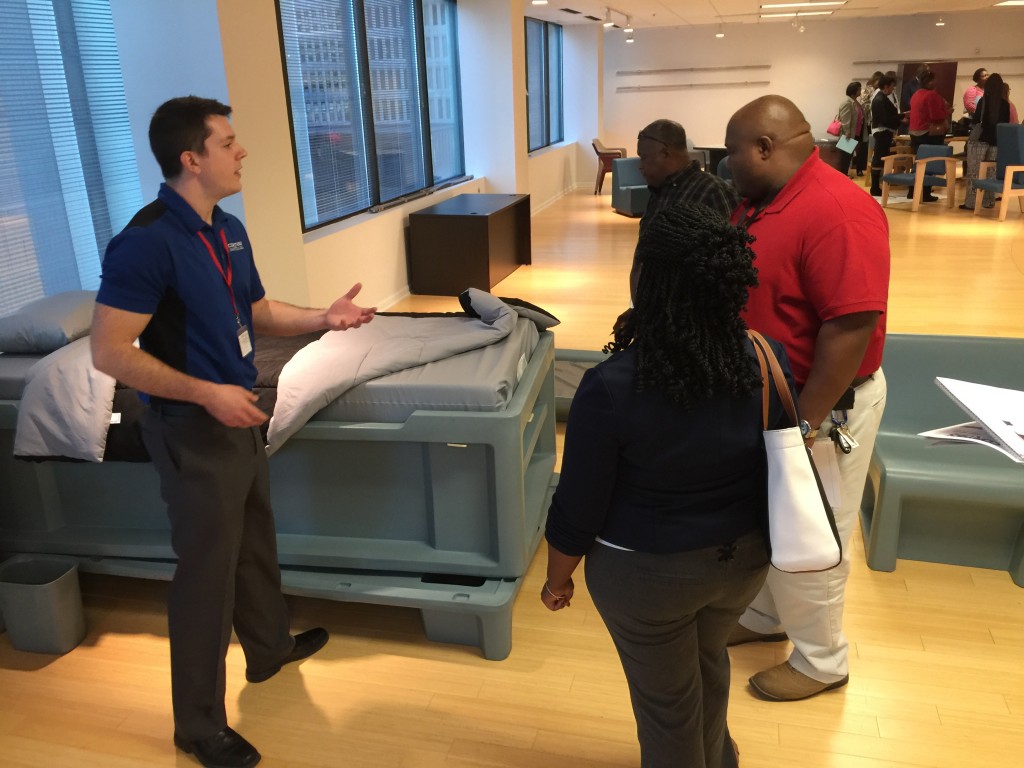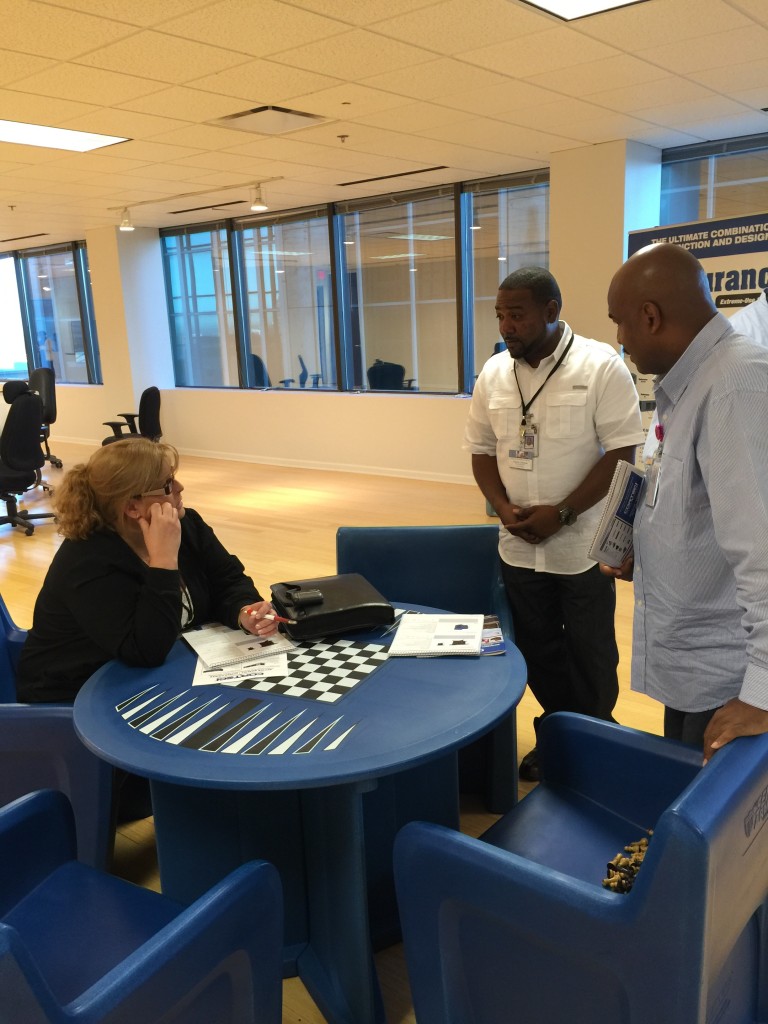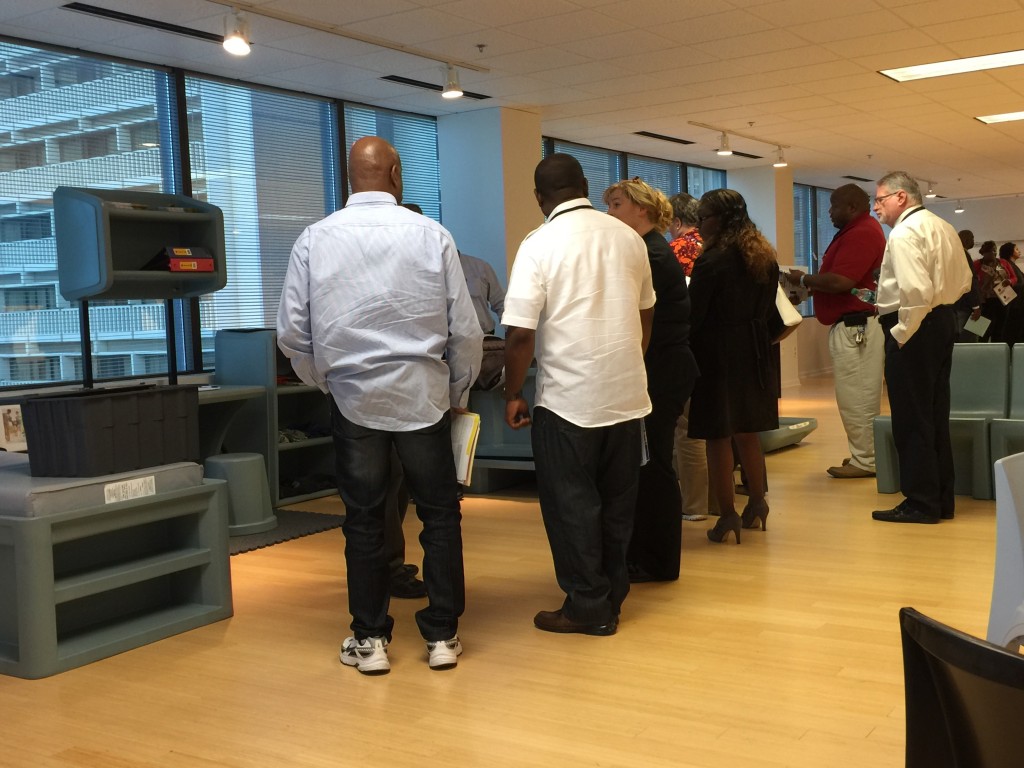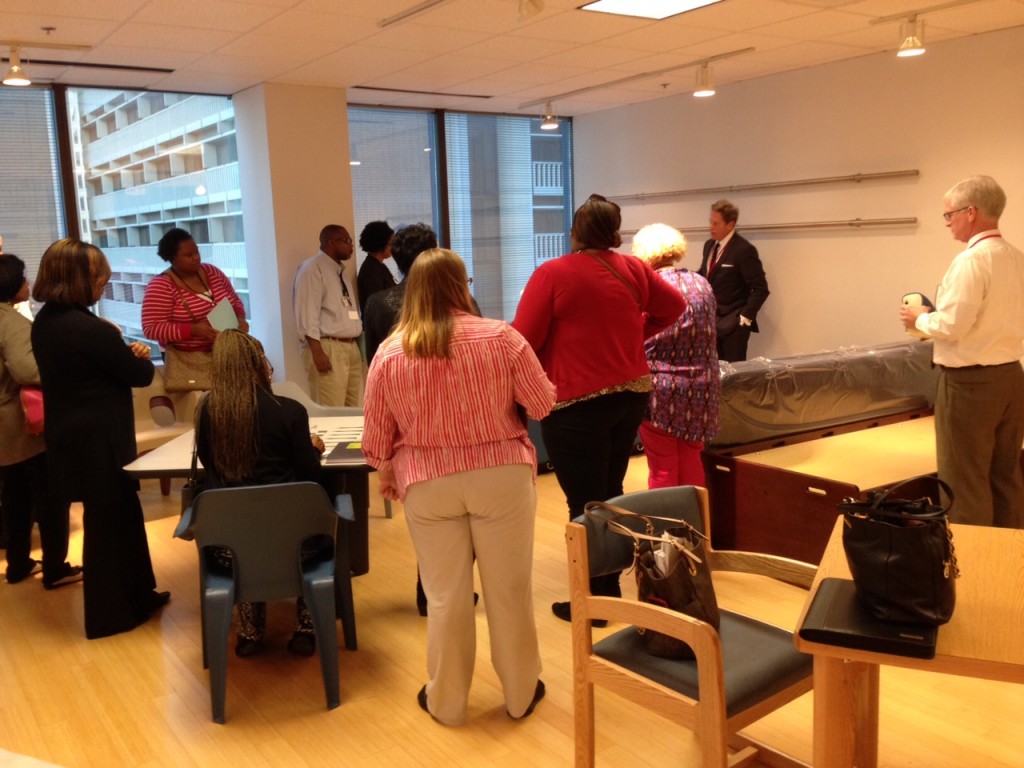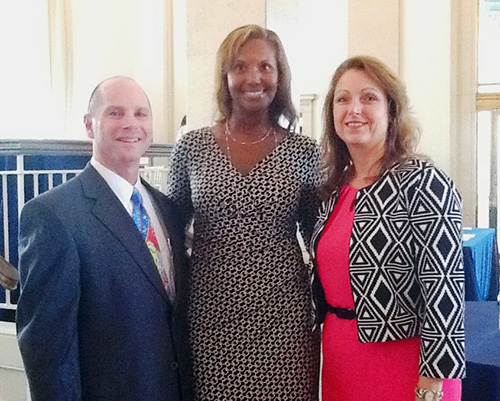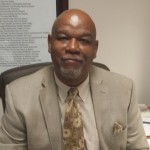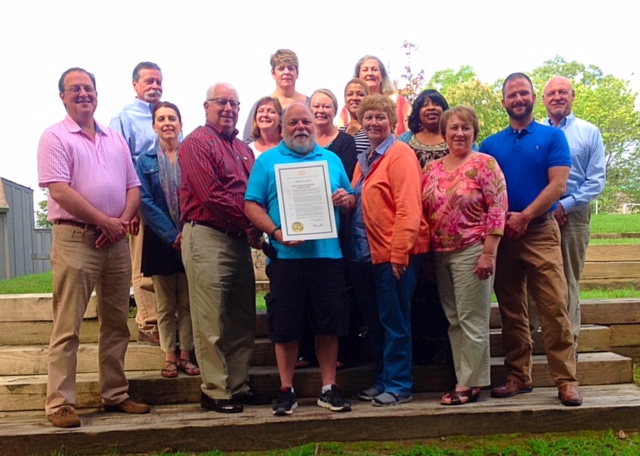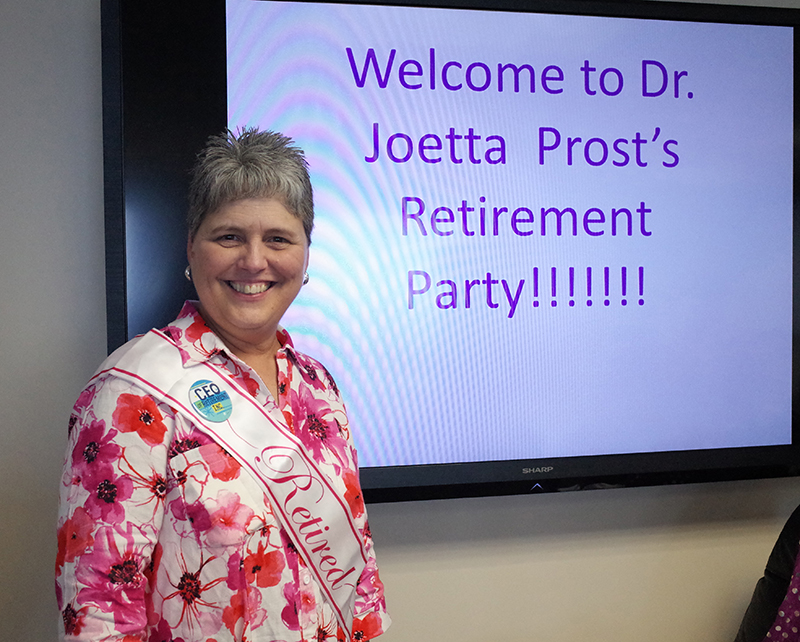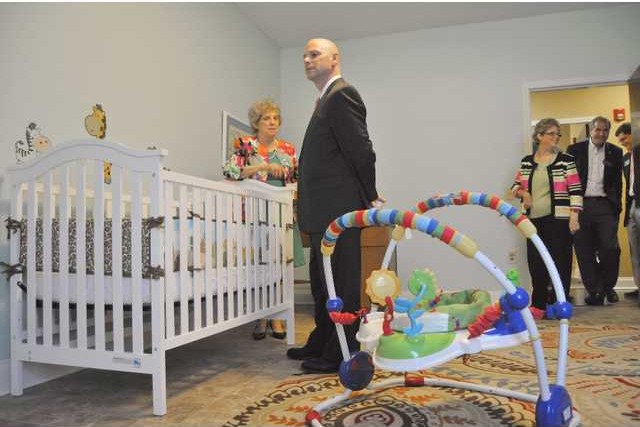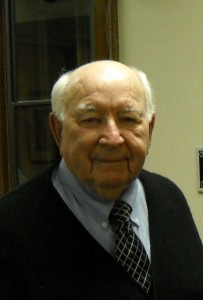 Have you ever wondered why the Central Kitchen/Dining Room building on the East Central Regional Hospital (ECRH) in Augusta is located at the end of the campus instead of in the center where it would be more convenient for individuals and staff?
Have you ever wondered why the Central Kitchen/Dining Room building on the East Central Regional Hospital (ECRH) in Augusta is located at the end of the campus instead of in the center where it would be more convenient for individuals and staff?
Brian Mulherin knows. He’s a retired human services director at ECRH who is now a volunteer in the public relations office, and he shares this knowledge, along with other bits of trivia and history, in a bi-monthly newsletter published at ECRH.
“The original plans called for a 1,000-bed hospital, but a 350-bed hospital was all that was built,” Mulherin wrote in an early 2015 issue of the hospital publication for staff. “The same thing happened with the building of new regional hospitals in Atlanta, Columbus, and Savannah. If the hospitals were built for 1,000 beds, the Central Kitchen/Dining Room building would be in the center of the campus.
“The time period for construction of the hospitals was 1966-1971. At the same time, new drugs and therapies were making it possible to keep individuals out of the hospital while receiving outpatient care.”
Mulherin gathers his stories from personal experience, the experience of other long-serving staff, retirees, hospital annual reports, and searching through documents found in the Gracewood Archives Building.
His experience with state service began in 1968 as a personnel officer. He retired in 1999 as the Director of Human Resources. In between, he was a public information officer and wore many different hats for the various hospital activities.
Mulherin’s lifetime dedication to those who live with mental health illnesses was recognized earlier this year as a recipient, along with his wife Neita, of the Jimmie Dyess Symposium’s Distinguished American Award. The couple have spent much of their lives advocating for mental health and volunteering for various organizations around Augusta.
Historial tidbits shared by Brian Mulherin:
About 25 years ago, something wonderful happened on the Georgia Regional Hospital campus, John Feight, Director of the Foundation for Hospital Art, spent several days putting designs of flora and fauna on the walls of the Central Dining Room. Patients then completed the designs, painting them with bright and comfortable colors. Mr. Feight, his staff, and the hospital’s Activity staff guided the patients in the use of colors and artistic methods. The patients loved this project, feeling pride and a sense of ownership in the paintings. Paintings in other buildings followed. Mr. Feight brought with him two volunteer artists, all the paint and equipment needed to do the job, and the cost to the hospital was nothing! What a gift!
In the 1950s, mental health services were rendered by the Department of Welfare. In the 1960s, mental health services were rendered by the Department of Public Health. In the 1970s, and up to 2009, mental health services were rendered by the Department of Human Resources. Today, Commissioner Frank Berry heads the Department of Behavioral Health and Developmental Disabilities.
